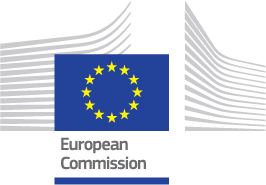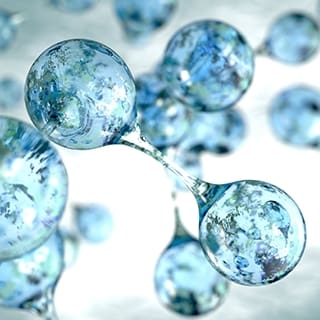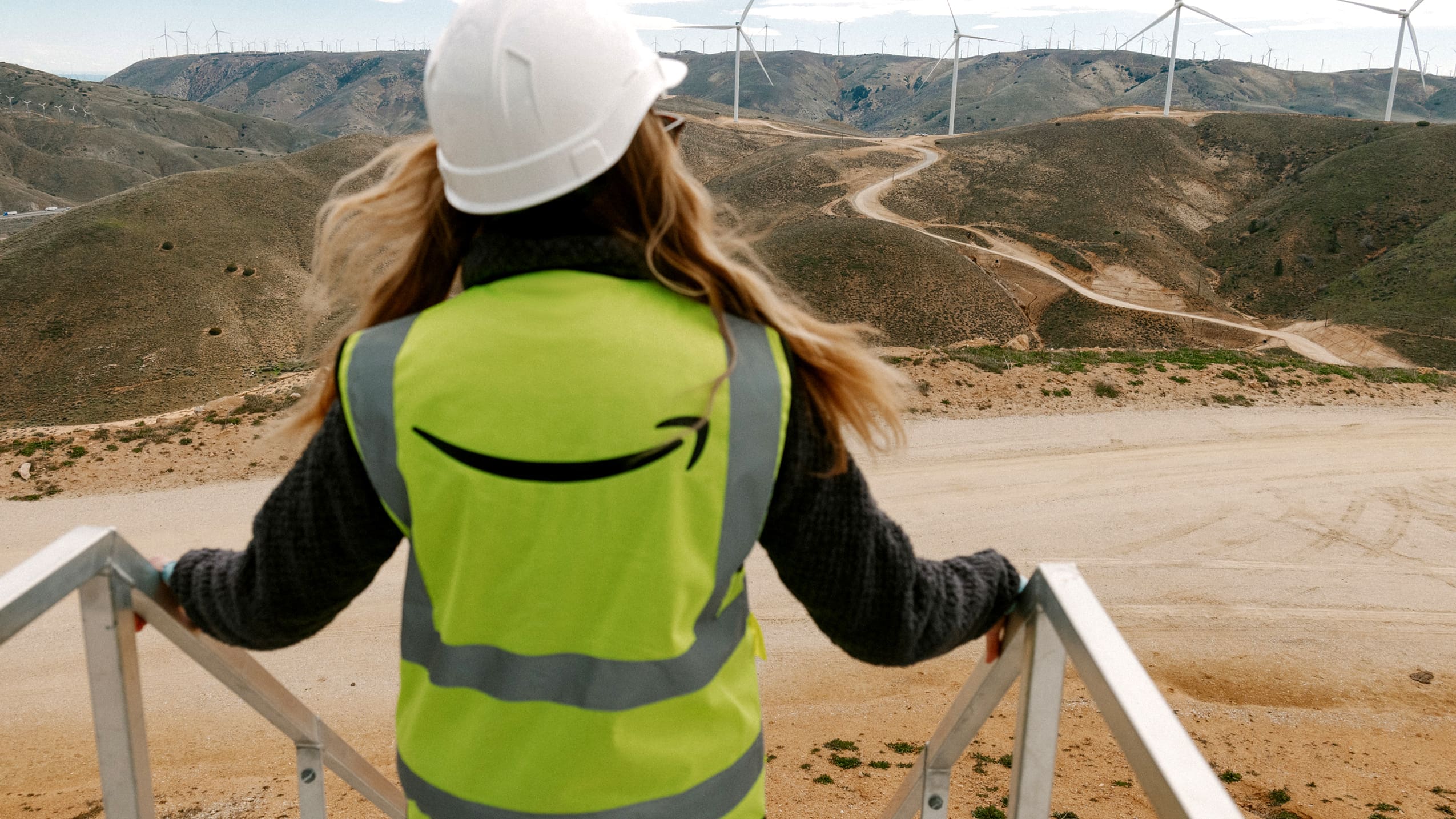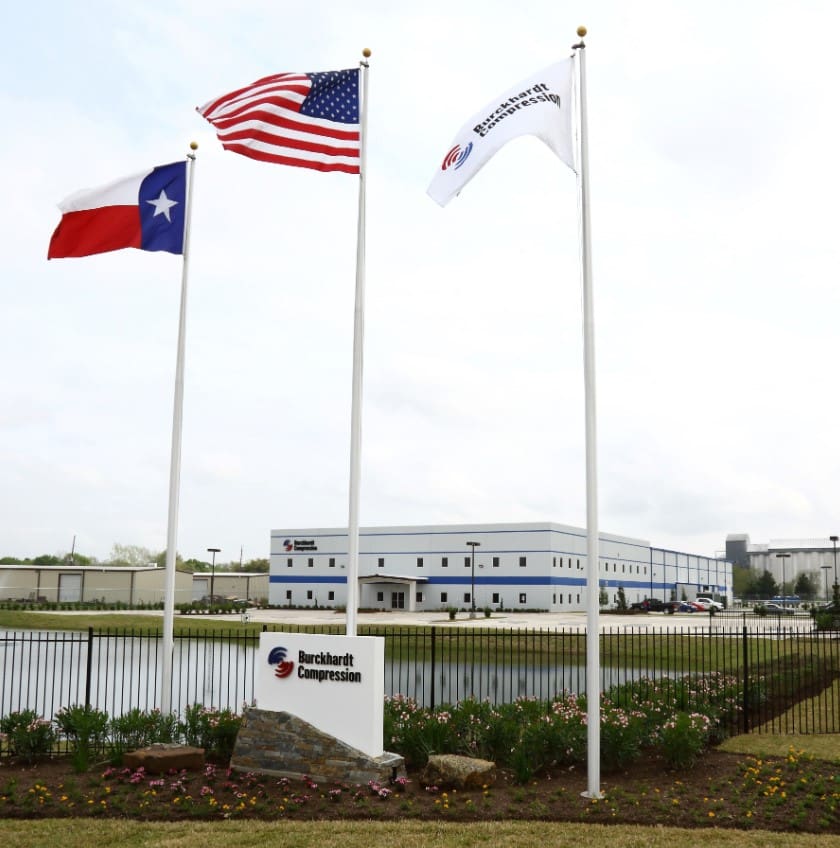The European Commission has selected 17 small-scale clean tech projects to receive more than €65 million in project support under the EU Innovation Fund. These funds will help companies in Europe bring “breakthrough technologies” to the market in energy-intensive industries, renewable energy, and energy storage. The selected projects cover a range of sectors, with a particular focus on manufacturing components for renewable energy and glass, ceramics, and construction materials.
The selected projects are expected to avoid more than 1.8 million tonnes of carbon dioxide equivalent emissions within the first 10 years of their operations, contributing to Europe’s decarbonization and clean energy transition. With these new projects, the Innovation Fund expands its geographical reach to cover projects in a total of 24 countries, with Latvian and Hungarian projects receiving support for the first time.
Each of the 17 projects will receive Innovation Fund grants ranging from €1.6 to €4.5 million, funded through revenues generated by the EU Emissions Trading System. The exact grant amounts will be known once the grant agreement preparation process is completed.
The chosen projects are:
Energy-Intensive Industries: Eight Projects Receiving €32.6 Million
- Three projects on glass, ceramics, and construction materials in Italy
- One project in the refinery sector and one in cement and lime, both in Spain
- One hydrogen project in Croatia
- One project on iron and steel and 1 in the chemical sector, both in Italy
Energy Storage: Two Projects Receiving €8.4 Million
- One in France for a multi-energy smart grid
- One in Denmark on thermal energy storage
Renewable Energy: Seven projects receiving €24.4 million
- Three projects on manufacturing of components for renewables production in France, Hungary, and Latvia
- Two solar energy projects in France and Greece
- Two projects on use of renewable energy for the maritime and flexoprinting industry — one in the Netherlands and a second one in multiple locations: Sweden, Finland, and Norway
Complete descriptions and more information on each of the selected projects can be found HERE.
















